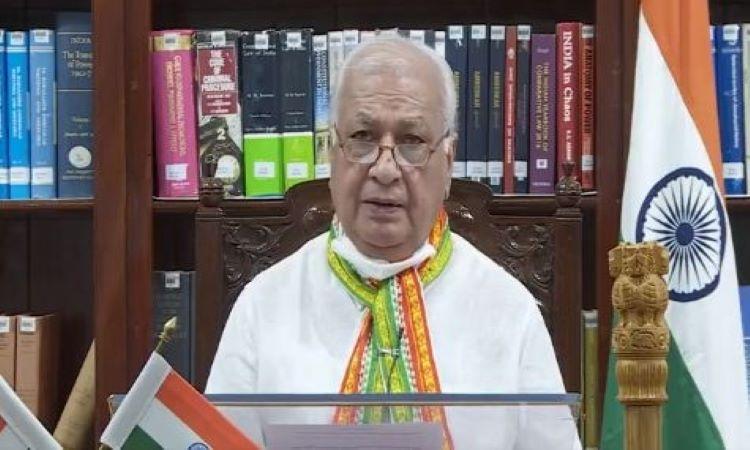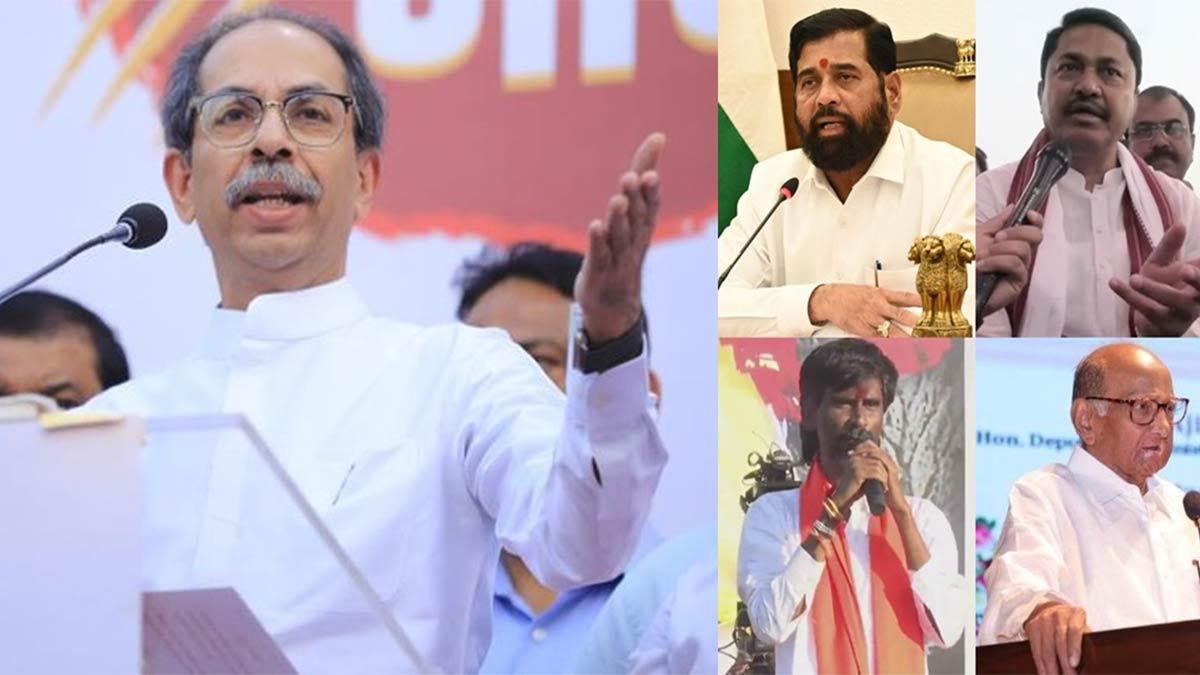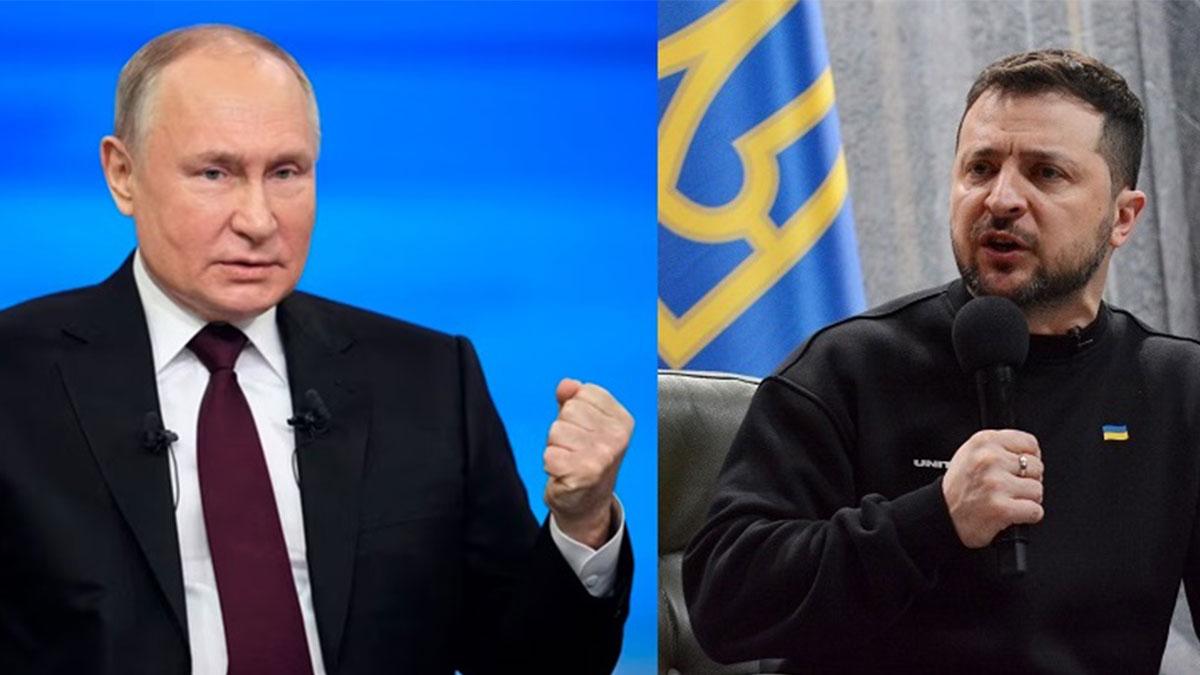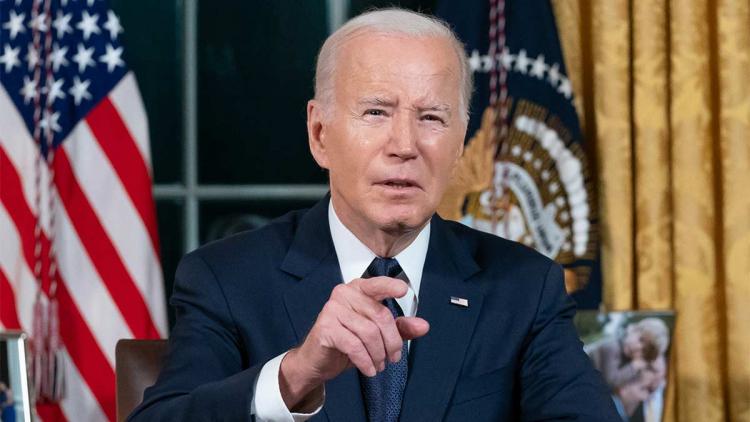The unrelenting acrimony between Kerala Governor Arif Mohammed Khan and Chief Minister Pinarayi Vijayan has snowballed into a political controversy, after Khan asked the vice-chancellors (V-Cs) of nine state universities to tender their resignations, flagging legal infirmities in their appointment.
Last week, the Supreme Court set aside the appointment of the V-C of A.P.J. Abdul Kalam Technological University, Thiruvananthapuram.
Citing the apex court verdict, Khan directed nine other V-Cs to resign and fixed a short deadline for their resignation. He also converted the communication to the V-Cs into show-cause notices, asking them to explain why their appointments should not be deemed illegal. The governor is the ex-officio chancellor of all state universities.
In the matter of the A.P.J. Abdul Kalam Technological University, the Supreme Court posed a query: Whether while making the appointment of Dr Rajasree M.S. as V-C of the university, the appointment should be as per the prevailing UGC regulations or in effect of the provisions of the University Act, 2015 (State Act)?
Answering the query, the top court noted that it decided an identical question while considering the appointment of the V-C of Sardar Patel University, Gujarat.
In the S.P. University matter, the top court held that the appointment of the Vice Chancellor cannot be made dehors the applicable UGC (University Grants Commission) regulations, even if the State Act prescribes diluted eligibility criteria, vis-�-vis the criteria prescribed in the applicable UGC regulations.
It further held that the State Act if not on a par with the UGC regulations, must be amended to bring it on a par with the applicable UGC regulations and until then it is the applicable UGC regulations that shall prevail.
"It is further observed and held that in case of any conflict between the State legislation and the Central legislation, the Central legislation, i.e., the applicable UGC Regulations shall prevail by applying the principle of repugnancy under Article 254 of the Constitution as the subject "education" is contained in the Concurrent List of Schedule VII of the Constitution," noted the apex court, while quashing the appointment of the V-C of Sardar Patel University on March 3 this year.
In the A.P.J. Abdul Kalam Technological University verdict, the top court said any appointment as a V-C made on the recommendation of the search committee, which is constituted contrary to the provisions of the UGC Regulations shall be void ab initio.
"If there is any conflict between the State legislation and the Union legislation, the Union law shall prevail even as per Article 254 of the Constitution of India to the extent the provision of the State legislation is repugnant. Therefore, the submission on behalf of the State (Kerala government) that unless the UGC Regulations are specifically adopted by the State, the UGC Regulations shall not be applicable and the State legislation shall prevail unless UGC Regulations are specifically adopted by the State cannot be accepted," said the top court.
The court, referring to its earlier decisions, said the UGC Regulations were adopted by the state government in October 2010 and that "while adopting/accepting the UGC Regulations, it is specifically observed� that all the universities shall incorporate the UGC Regulations in their Statutes and Regulations within one month from the date of the said order ... ".
It added, "merely because the subsequent amendment has not been specifically adopted/accepted by the State cannot be a ground by the State to contend that the amendment to the regulations shall not be binding on the State/State's Universities�the appointment of the Vice Chancellor shall be always as per the relevant provisions of the UGC Regulations amended from time to time".
Khan's point was that nine V-Cs were either appointed by the submission of a single name by a search committee -- instead of a panel of three to five names, which is required under UGC regulations -- or were chosen by a committee which included the State's Chief Secretary.
When the V-Cs refused to resign, Khan issued show-cause notices to them, requiring them to respond by November 3 on their legal right to continue in office. Eight V-Cs moved the Kerala High Court challenging these notices. The Kerala High Court on October 24 granted relief to the V-Cs saying "the impugned communications/orders of the Chancellor of the Universities involved in these cases, are hereby set aside".
A single bench of Justice Devan Ramachandran said no one can be legally forced to tender resignation. "This is unmistakable because, once the Chancellor apparently has offered the petitioners an opportunity to show cause against certain action proposed by him, it ineluctably means that they are still in service and certainly eligible to continue as Vice Chancellors, until such time as their term of office expires, or until they are removed as per law", said the high court.
The high court held that all of them could continue in their positions till a final order is passed by the governor against them on the basis of the show-cause notice issued. The high court left open all contentions of the parties, including the argument that the governor has no jurisdiction to initiate the action.
Also Read | Sardar Vallabhbhai Patel vs Jawaharlal Nehru: Hype vs Reality
Following the high court order, questions arise whether the governor was correct in fixing a short deadline for the V-Cs' resignation? Whether he was correct in converting the communication into show-cause notices to the V-Cs, asking them to explain why their appointments should not be deemed illegal? Also, could the top court ruling in the case of one V-C be automatically applicable to all others? There is a probability that this matter may reach the apex court for adjudication.
However, the universities should stay immune to political controversies and against the backdrop of the apex court ruling, the sooner the university statutes in Kerala are brought in line with the UGC regulations, it would deter any similar conflict in future. And, the state government and the governor should reconcile their differences while handling university matters.


















